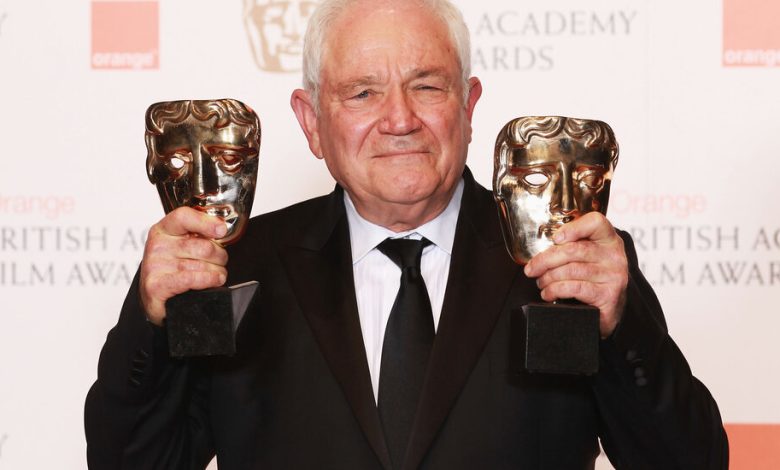David Seidler, Oscar-Winning Writer of ‘The King’s Speech,’ Dies at 86

David Seidler, a screenwriter whose Oscar-winning script for “The King’s Speech” — about King George VI conquering a stutter to rally Britain at the outset of World War II — drew on his own painful experience with a childhood stammer, died on Saturday on a fly-fishing trip in New Zealand. He was 86 and lived in Santa Fe, N.M.
His manager, Jeff Aghassi, disclosed the death in a statement but did not cite a cause. “David was in the place he loved most in the world — New Zealand — doing what gave him the greatest peace, which was fly-fishing,” Mr. Aghassi said. “If given the chance, it is exactly as he would have scripted it.”
On winning the Academy Award for best original screenplay for “The King’s Speech” (2010), Mr. Seidler said from the Hollywood stage that he was accepting on behalf of all stutterers. “We have a voice; we have been heard,’’ he said.
The movie, a historical drama in the form of a buddy picture about an afflicted future monarch (Colin Firth) and his talented but unlicensed speech therapist (Geoffrey Rush), was a commercial and critical success. It also won Oscars for best picture, best director (Tom Hooper) and best actor (Mr. Firth).
Mr. Seidler, who was born in England but emigrated with his family to the United States as a child during World War II, spent much of his career writing little-noticed television projects, including soap operas, a biopic of the Partridge Family singers and the TV movie “Onassis: The Richest Man in the World” (1988), written with a longtime co-writer, Jacqueline Feather. That same year, he broke onto the big screen as a co-writer (with Arnold Schulman) of “Tucker: The Man and His Dream,” about the automobile inventor Preston Tucker, directed by Francis Ford Coppola.





